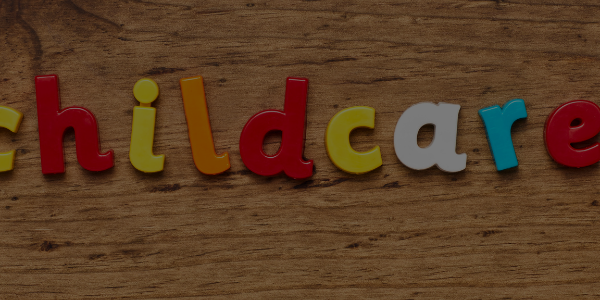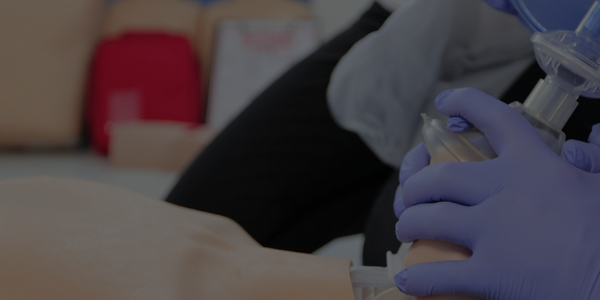Drug allergy is a negative reaction to a drug that is caused by your body’s immune system.
Drug allergies can be serious. Even though minor rashes are common with certain drugs, sometimes drug allergies can progress to a more serious allergic reaction, called anaphylaxis. Such reactions can cause swelling, shortness of breath and even death.
Here’s what you should know about drug allergies, what causes them and how to treat them.
Drug Allergy — the Basics
The immune system normally protects the body from harmful agents such as bacteria and toxins. When you have an allergic reaction to a drug, your immune system overreacts to the drug. It produces antibodies called immunoglobulin E (IgE). These antibodies travel to cells that release chemicals, causing an allergic reaction.
Drug allergy symptoms can range from mild (a skin rash) to severe (anaphylaxis – a life-threatening emergency). A drug allergy may cause a rapid heartbeat, trouble breathing, or swelling in your throat, mouth, or face. In some cases, a drug allergy may cause hives and itching.
Allergic reactions may happen during your first exposure to the medication or after several exposures. Many people don’t realize they have an allergy until they have been exposed to the medication more than once. Most drug allergies start within a few minutes to an hour after taking the medication and can range from mild (rash) to severe (anaphylaxis).
When you have an allergic reaction to a drug, your body’s immune system reacts by releasing chemicals that cause allergy symptoms. These symptoms may include:
- Facial swelling (lip, eyelid or tongue)
- hives, rash or fever
- Itching and skin redness
- Shortness of breath or wheezing
- Rapid heart rate
- A serious, life-threatening allergic reaction (anaphylaxis) may cause trouble breathing and low blood pressure.
Some people have reactions to antibiotics such as penicillin that are not true allergies but are adverse reactions to the drugs. A true drug allergy means you have an immune system response that causes signs and symptoms such as hives or anaphylaxis.
Most people with drug allergies only experience mild symptoms. However, in rare cases, an allergic reaction can be life-threatening. If you think you are having an allergic reaction to a medication, call your doctor right away or seek emergency medical care if needed.
Please note that regular First Aid and CPR Training is the best way to make sure that you’re prepare in the case of an emergency. Book a course with us!
Find this article useful? Read more of our blogs here!





